10 Early Signs of Cancer
Oral cancer rates are on the rise, so during examination, your dentist will carefully observe your tongue, throat, face, head, and neck, on the lookout for any signs of trouble - swelling, redness, or possible signs of cancer.
Oral cavity and oropharyngeal cancers occur most often in:
- The tongue
- The tonsils and oropharynx
- The gums, floor of the mouth, and other parts of the mouth
- The rest is detected on the lips, the minor salivary glands (which often occur in the roof of the mouth), and other sites.
10 Early Signs of Cancer
1.) Ulcers and other sores that do not heal are the most common sign of oral cancer. An ulcer sore should go away within a few weeks. If not, it is worth getting it looked at by a doctor.
2.)
Patches of red or white in the Mouth or throat that are smooth, rough, or bumpy should be looked at by a doctor if they have no known cause and do not go away within a few days.
3.) Mouth or throat cancer make it difficult to speak clearly. If a voice changes quickly for no apparent reason becoming rough or raspy, a doctor should be consulted.
4.)
Bad breath afflicts many people for many reasons; one of the most severe causes is mouth cancer. Brushing teeth or chewing gum will not alleviate bad breath caused by cancer.

5.) The lymphatic system is an integral part of the immune system; it helps fight infection and destroy damaged or cancerous cells. Lymph nodes found in the groin, neck, and armpit may become and stay swollen as the body strengthens the immune system to eliminate cancer.
6.) Mouth cancer can create a loss of appetite and make eating difficult leading to weight loss.
7.) Anyone who experiences pain or discomfort in the Mouth for an extended period should make an appointment with a doctor. Pain below the gums or under the tongue may not be a dental issue.
8.) Bleeding can be one of the earliest signs of mouth cancer. Many issues can explain why a mouth is bleeding, but if an individual cannot identify an apparent reason, a doctor should take a look.
9.) When the jaw is stiff for an extended time, a doctor should be consulted.
10.) A Sore throat that lasts for more than a few weeks with no apparent reason should be checked by a doctor.
Share this article by using the icons below!
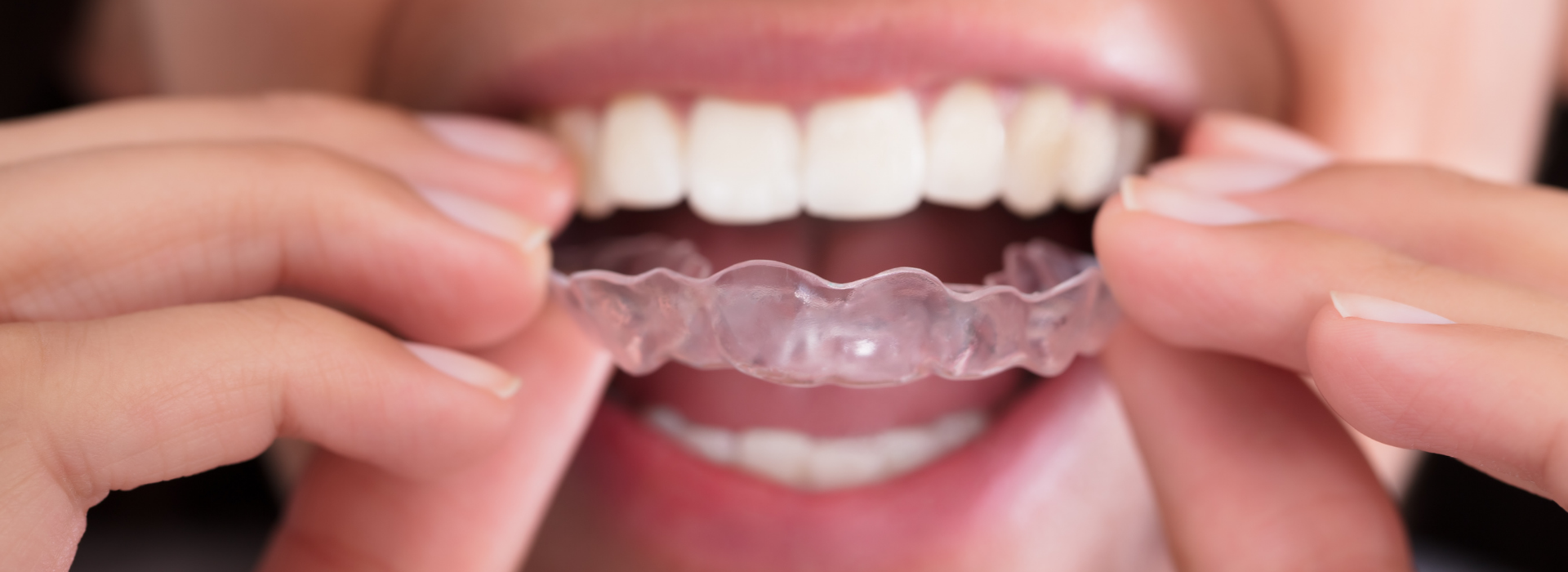


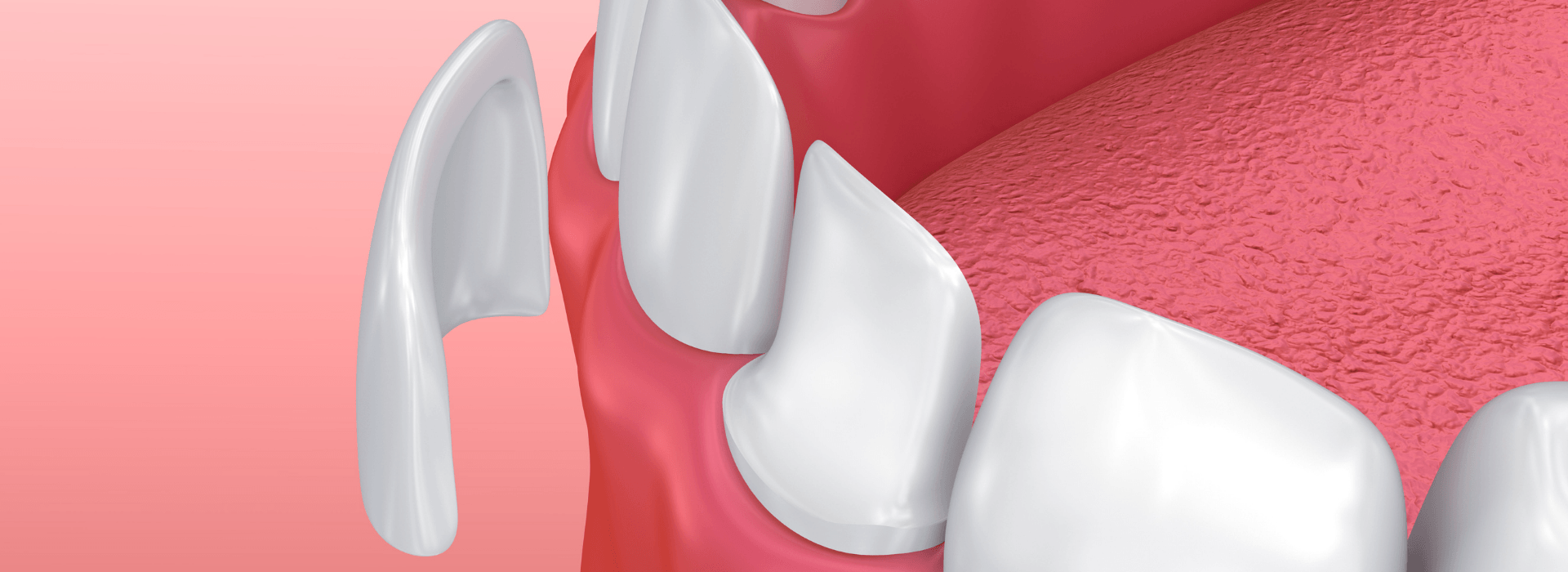

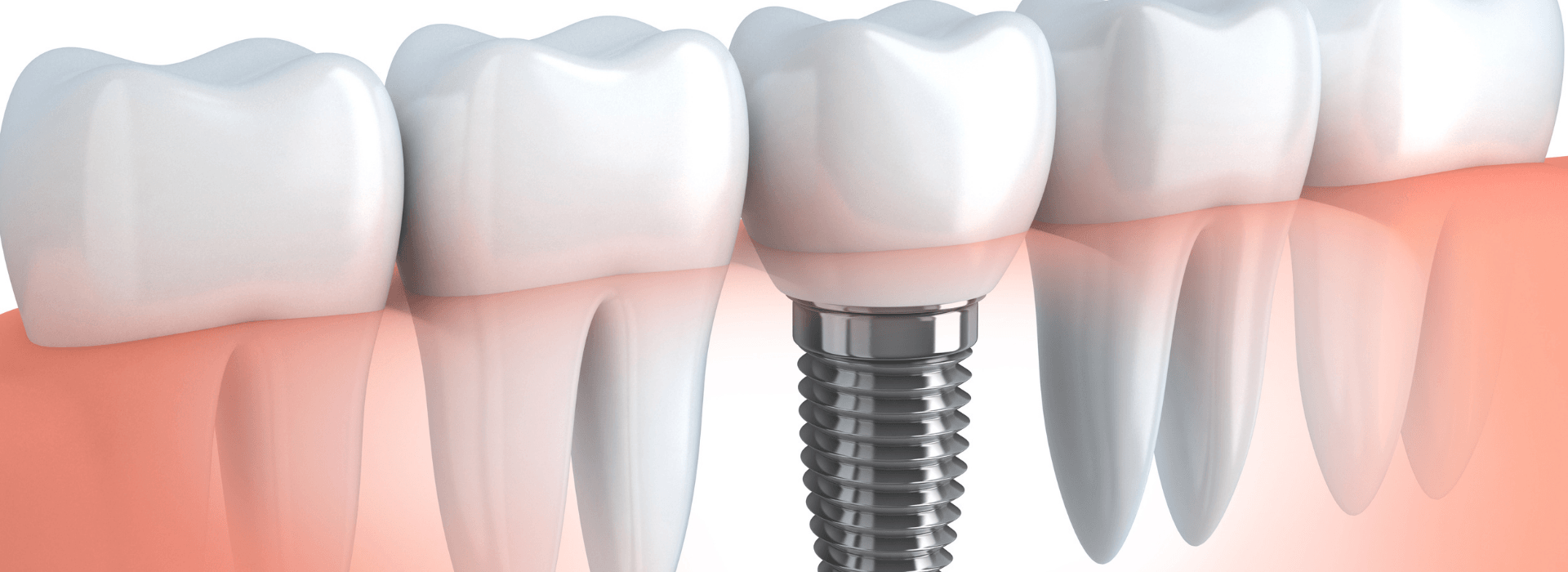
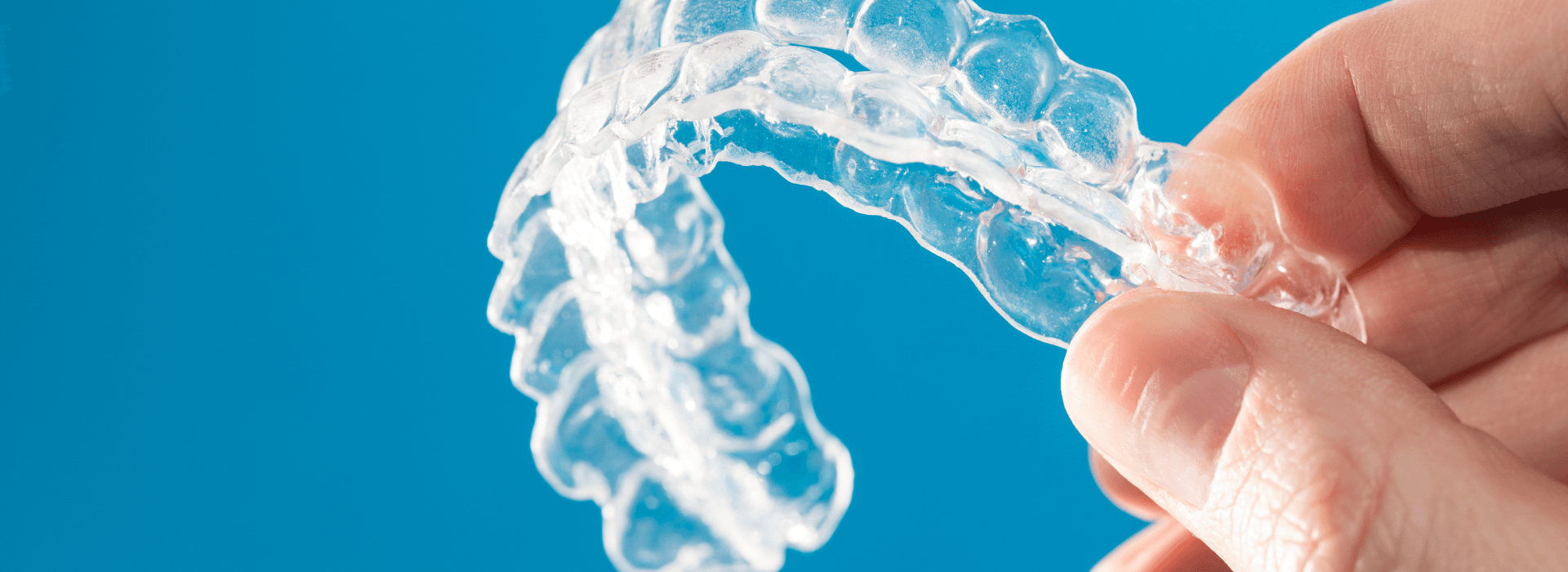
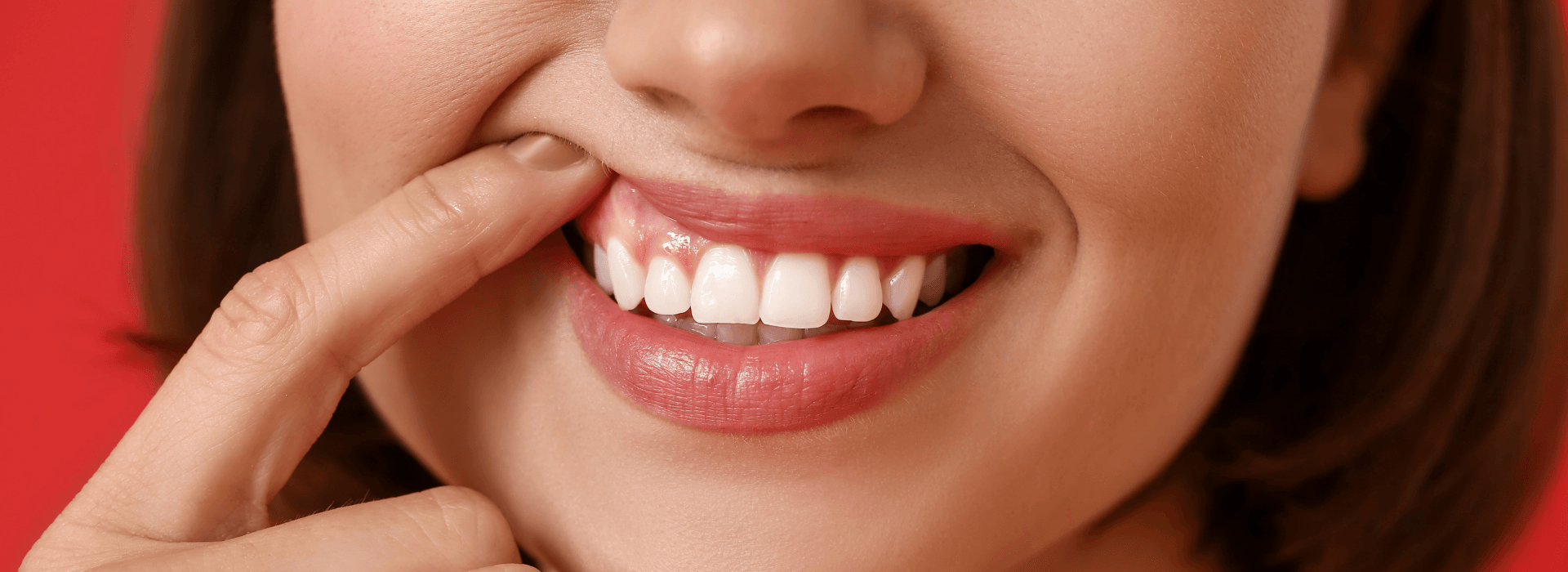

Contact Details
Bayshore Dental Group
1401 Avocado Ave, #309
Newport Beach, CA 92660
United States
CALL US:
FAX (949) 644-0446
info@bayshoredental.com
Business Hours
Monday to Thursday
9:00 AM - 6:00 PM
© Copyright 2024 | All Rights Reserved | Bayshore Dental Group
